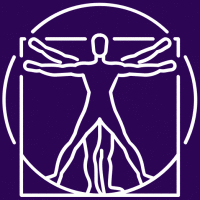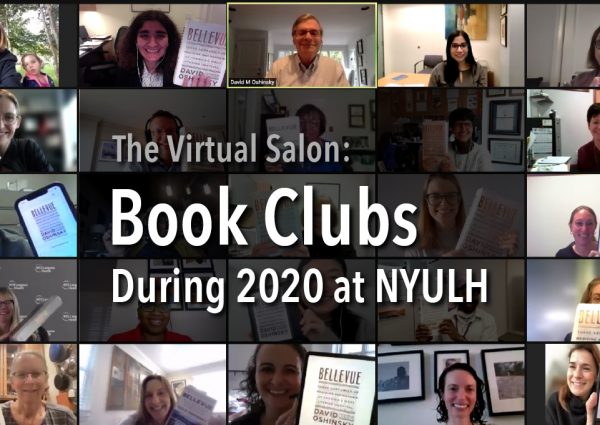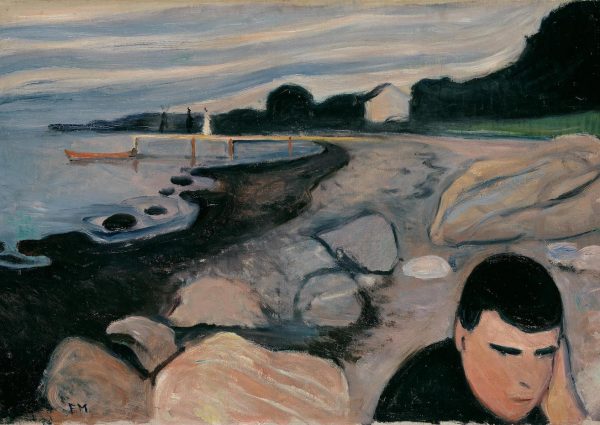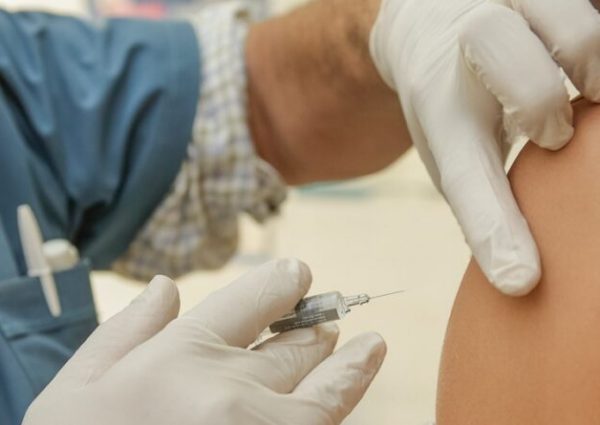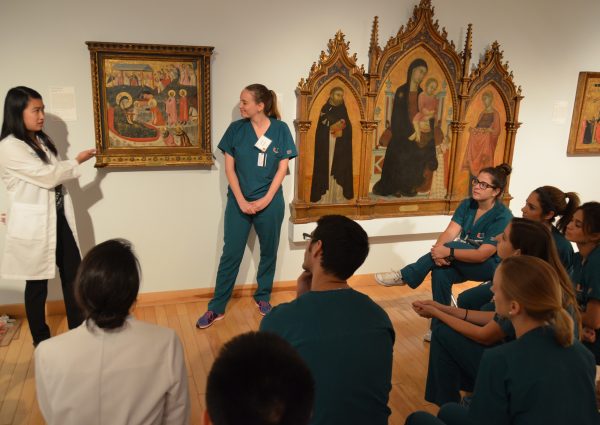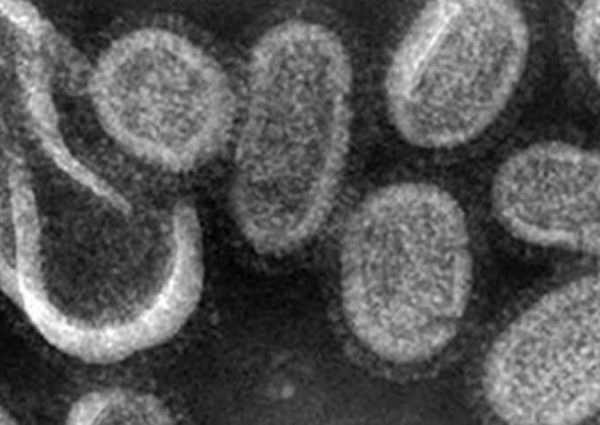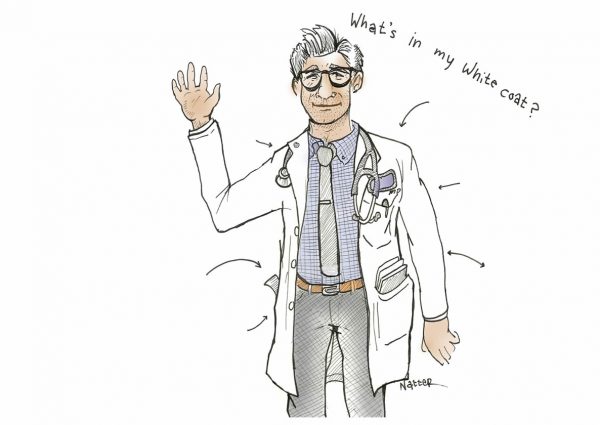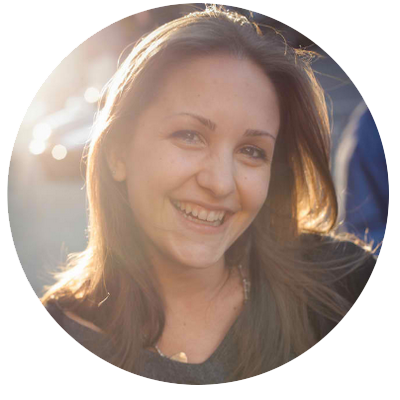
Medicine Resident
“High Touch Healthcare: The Power of Human Connection to Save Lives, Prevent Illness, and Transform a Broken System”
Tell us about your Rudin experience.
The Rudin experience provided me with an oasis of reflection and creativity during medical school, which was oftentimes a constant churn of endless studying, difficult exams, and exhausting clinical rotations.Though I enjoyed my academic and experiential curricula, being a Rudin Fellow allowed me to carve out time to understand why this learning mattered, and what it meant to be a humanistic medical student and(eventually) physician.
What was your topic?
My project was called “High Touch Healthcare: The Power of Human Connection to Save Lives, Prevent Illness, and Transform a Broken System.” I conducted an extensive literature review of scientific studies that explored how social relationships influence our health outcomes, including sub-topics like: the neuro-endocrinology of social Isolation and the influence of doctor-patient relationships on health outcomes. I found a rich body of research, both lab-based studies of human physiology, and clinically-based studies of human behavior, that demonstrated the power of relationships to heal, and the power of isolation to harm.
Who was your mentor?
I was fortunate to be mentored by David Oshinsky. Throughout my research, he guided me to refine my overarching vision, edit my writing to be more effective, and consider the greater implications of this work on my career and in the field of Medicine. I continue to consult him even now after the fellowship, and he continues to help me build my body of research and my writing.
What was the research experience like?
The research experience was enlightening. I dove into topics that were previously unfamiliar to me and was grateful to have blocked-off time for this exploration and reading, as well as the mentorship to help make sense of it all. Having a framework for my research also pushed me to write more often thanI would otherwise (in scientific and literary forms), and begin building the foundation of what I hope will continue to be a field of professional study.
How did the Fellowship impact your role as a physician and a writer?
The findings I concluded from my Fellowship research–briefly, that social relationships can heal the human body, and the absence of them can lead to early death–have changed my approach to patient care significantly. Physicians often spend a great deal of time gleaning from a patient all the physical symptoms that led to the current disease state, but completely gloss over a patient’s “social history”. Most physicians never ask patients about elements of their social fabric that often explain their current illness (and what it will take to help heal them). Do you live with anyone else? Do you have a home at all? Do you have a social support system? When patients answer ‘No’ to these questions, red flags are raised, and I can seek out ways to help them that are sustainable and last far beyond a single hospital admission or clinic visit.
The Fellowship has also influenced my writing by pushing me to explore new styles to bridge the gap between scientific writing and pop-culture writing. Though my findings have great significance for physicians, they also matter for the everyday patient as well, and through the Fellowship (during the year, and beyond) I have written essays and prepared presentations that attempt to translate fascinating scientific data into interesting, digestible stories accessible by non-physician readers, too.
What publications and professional invitations came out of it?
During my Rudin year I was able to publish a few essays in our NYU Journal of Clinical Correlations on the topic of social connection and health outcomes. I also went on to conduct research in collaboration with our NYU Multiple Sclerosis Center, about the effects of social isolation on multiple sclerosis disease progression, and presented the results of that research at a national conference. Lastly, this past year I was selected as aGold Humanism Honor Society Member, and discussion of my Rudin project was a large component of that application.
What are you working on currently?
Presently I am working on a book that combines the research conducted during my Rudin Fellowship with my captivating experiences caring for patients at Bellevue Hospital. The book explore show social relationships influence your health, and the goal of the book is twofold: to inspire physicians to practice more relationship-based medicine, and to encourage all readers to invest more time in nurturing the positive relationships in their lives, which leads to better health and longevity.
